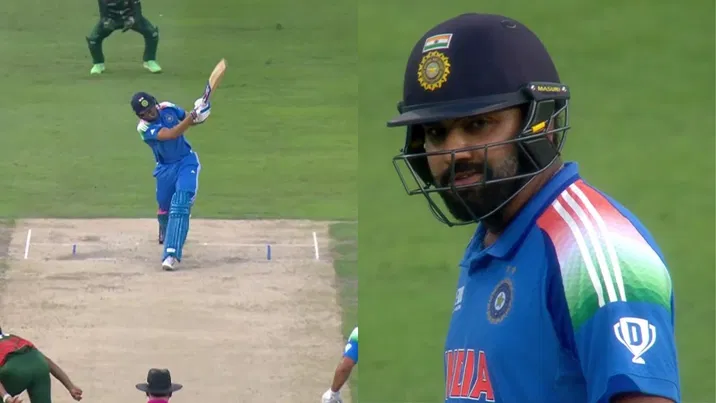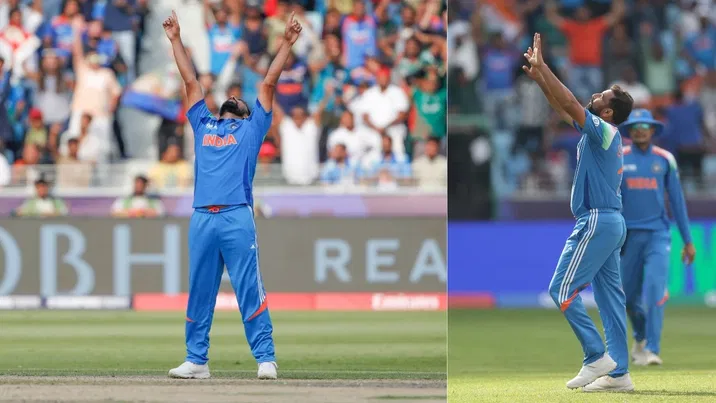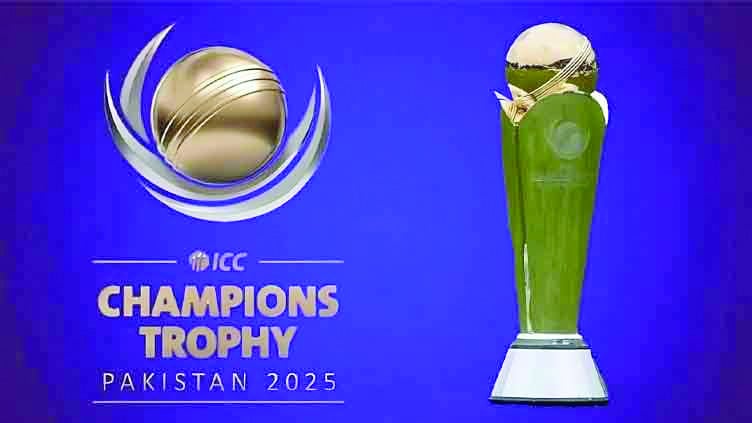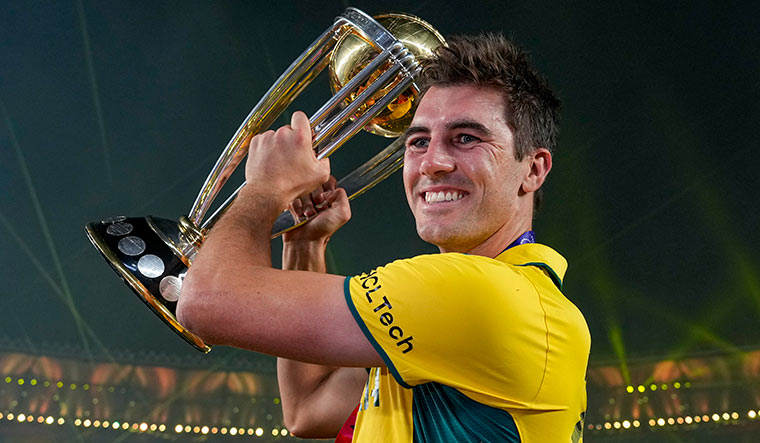
(Source X)
Brian Lara, the former West Indies captain and renowned batsman, has lauded England’s pace ace James Anderson, hailing the 41-year-old as the finest fast bowler in cricket history. Anderson, a legendary figure in English cricket with 700 wickets from 187 Tests, is poised to conclude his illustrious international career next week. His final appearance as an England cricketer will be in the first Test of the upcoming series against the West Indies at Lord’s, starting on July 10.
In anticipation of Anderson’s farewell match, Lara, widely regarded as one of the greatest batsmen of all time, expressed deep admiration for Anderson’s achievements, emphasizing his global esteem and labeling him as the ultimate fast bowling exponent.
“He is the greatest fast bowler that has ever played the game. His numbers are incredible, and he has served England well. I know he did not have that in mind (retiring from cricket), but I think he has accepted it. If that is the choice of his captain, coach, and selectors, then so be it,” Lara told Sky Sports.
“He has had a tremendous career for England. There are not many England cricketers who come close to Anderson (when asked about Anderson’s legacy). He has taken the most Test wickets as a fast bowler and had a career that lasted for over 23 years. I think only Courtney Walsh comes close to him in terms of the number of years he has played, but his legacy is going to be tremendous, and I think as an English cricketer, he has the respect of the world,” he added.
Anderson marked his Test debut for England against Zimbabwe at Lord’s on May 22, 2003, delivering an impressive performance with a five-wicket haul in the first innings. He concluded the match with bowling figures of 5/73 and 0/65.
As a right-arm pacer, Anderson holds the distinction of being the first fast bowler and the third overall to dismiss 700 or more batsmen in Test cricket. In the upcoming first Test against the West Indies, he will have an opportunity to surpass former Australian spinner Shane Warne’s record of 708 wickets, potentially cementing his position as the second-highest wicket-taker in Test history by the end of his career.




